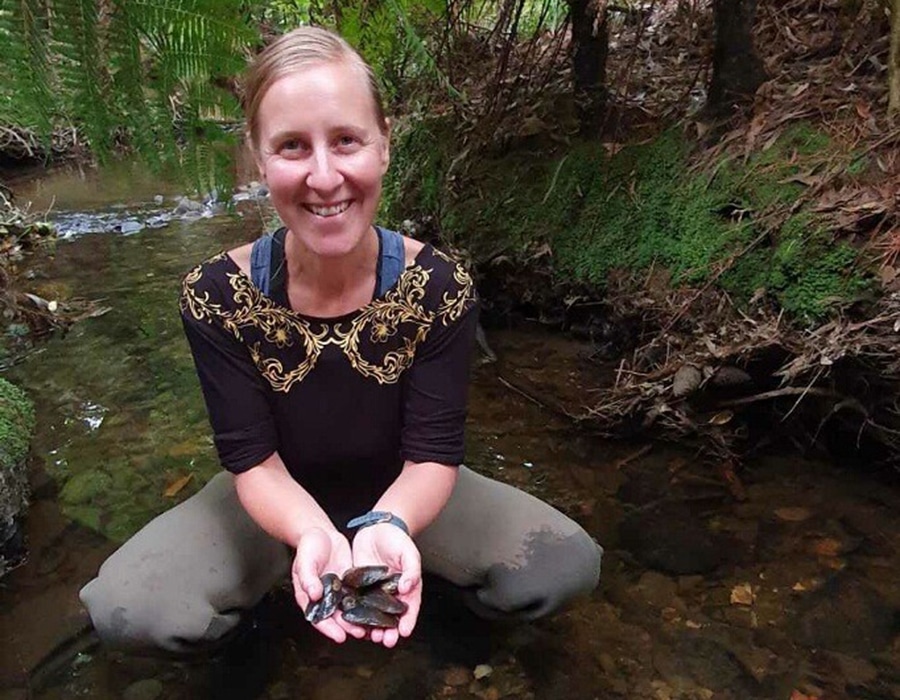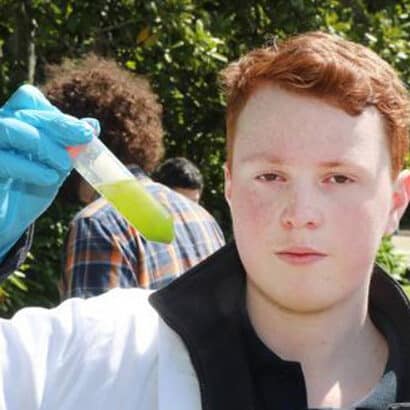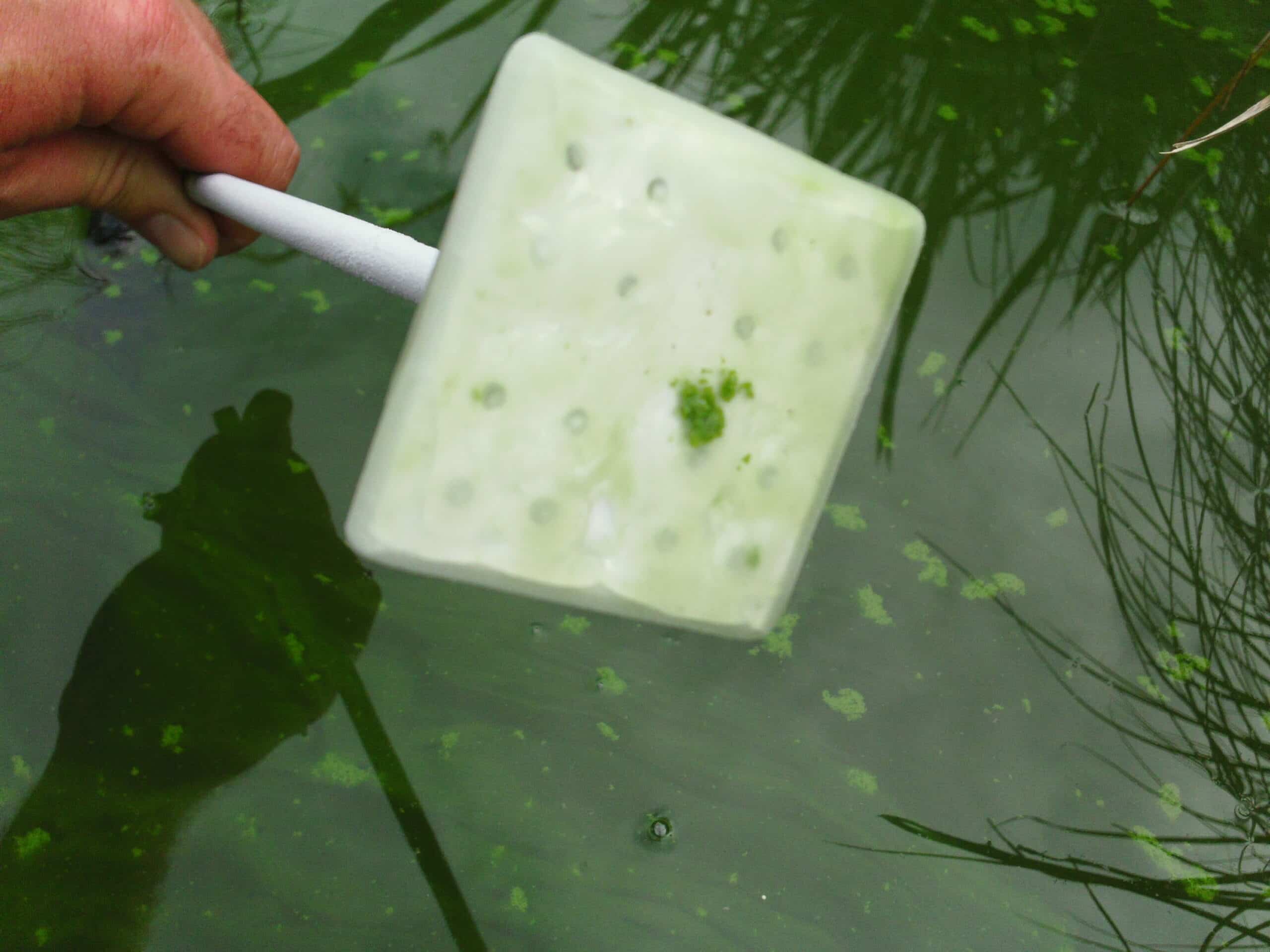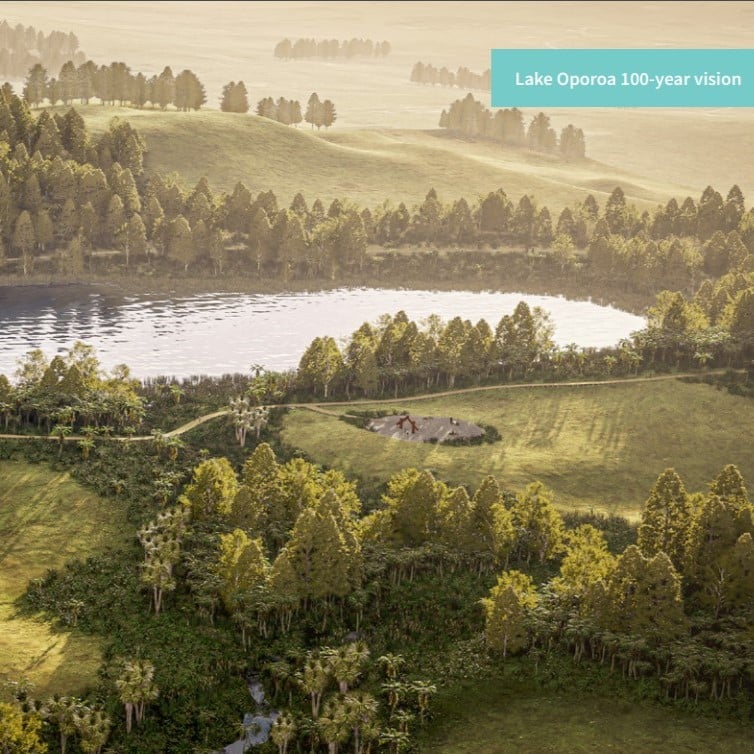, , , , & (2022). Development of a triplex droplet digital polymerase chain reaction assay for the detection of three New Zealand native freshwater mussels (Echyridella) in environmental samples. Environmental DNA, 4, 1065–1077. https://doi.org/10.1002/edn3.302
Abstract
The freshwater mussel Echyridella (also known as kākahi) is the only freshwater mussel found in New Zealand’s lakes and rivers and is endemic to the country. They play a crucial role in freshwater ecosystems and have high cultural significance. The three putative species of Echyridella are all classified as at risk. Monitoring is required to enhance knowledge on their distribution and to provide management, but conventional approaches (diving, wading, or swimming and visually looking for mussels) are time-consuming, costly, and require good visibility. The use of environmental DNA (eDNA) in combination with PCR techniques offer advantages over conventional methods. In this study, we developed a triplex droplet digital PCR assay, targeting a region of the mitochondrial cytochrome oxidase subunit 1 gene, that differentiates all three kākahi species. The limits of quantification using gblocks were 0.6 × 10−03–6 × 10−03 fg/µl, yielding 2–8 copies/reaction, and for tissue DNA 10,000–100,000 fg/µl, yielding 9–15 copies/reaction. The method was applied to water samples from 48 lakes, lagoons, or ponds and two samples from streams. A total of 58% of samples from lakes, lagoons, or ponds and all samples from the streams were positive for kākahi. Sediment samples (n = 15) were also tested. Only those collected in close proximity (<1 m) to living kākahi were positive highlighting the patchy distribution of eDNA in sediment. This new assay will assist in determining the current distribution of kākahi at large temporal and spatial scales and has the potential to be used for the assessment of historic distributions as well.




